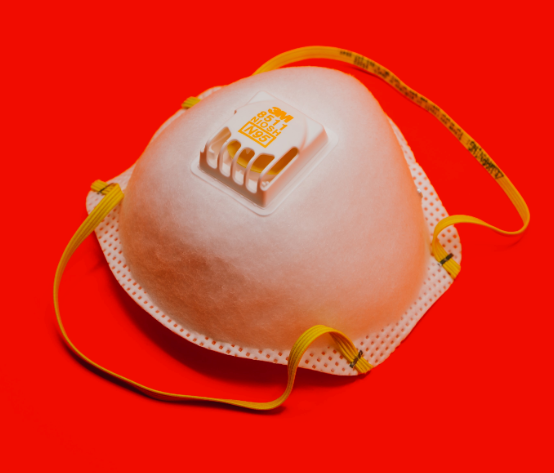The first case of Covid-19 was released in Portugal on 2 March 2020.
On 13 March following the increase in the number of contaminations the Ministry of Internal Affairs and the Ministry of Health declared a State of Alert for the entire country and approved a first set of restrictive measures aimed at containing the spread of the pandemic, notably, closure of schools nationwide, restrictions on circulation as well as restrictions on frequency of public places such as restaurants. Said measures were implemented by Decree-Law 10-A/2020 dated 13 March and Ordinance 71-A/2020 of the Ministry of Labor and social security affairs, of that same date.
Furthermore, on 18 March 2020 upon Presidential Decree 14-A/2020, the President declared the State of Emergency for a period of 15 days. Consequently, the Council of Ministries enacted Decree 2-A/2020 dated 20 March establishing concrete measures to implemented the State of Emergency. Both the Government and the Parliament, particularly the former, have been since then legislating on specific measures. The process has been very dynamic, and the legislative production has since been constant and very profuse. This information is intended to provide clients who currently have businesses ongoing in Portugal, either individually or through companies locally incorporated, an overview of the measures that have been put in place with the purpose of either providing incentives to commercial activities in general or help mitigating the impacts of the COVID-19 situation.
Corporate/Commercial
a) Inhibited commercial activities
During the State of Emergency, the majority of retail shops will be shut down, exception being made for the ones selling essential products, such as supermarkets, pharmacies, stationary shops, newsagents and tobacco shops. Shops that provide delivery services and take-away services, such as restaurants, may continue operating, provided that the premises are not open to public in general. General activities of services provision have also been suspended during the State of Emergency except for e-commerce and any services provide at distance and /or resorting to online platforms. The following face-to-face services are allowed continuing its activity: – Medical care and social support – Essential public services including repair and maintenance services – Financial services and insurance – Undertakers – Home repair services – Home security services – Cleaning, desinfestation and disinfection services – Home delivery services – Student housing services Wholesale distribution and manufacturers activities have not been restricted so far. Public services will remain open but all in person interactions with the general public are subject to prior appointment.
b) Measures taken to help support companies and maintain employment
Government has been legislating on the concession of cash support credit lines to companies with the view of providing additional support and reinforcement of companies’ capacity to react and help containing the spread of the disease.
Keep reading by downloading the PDF.





